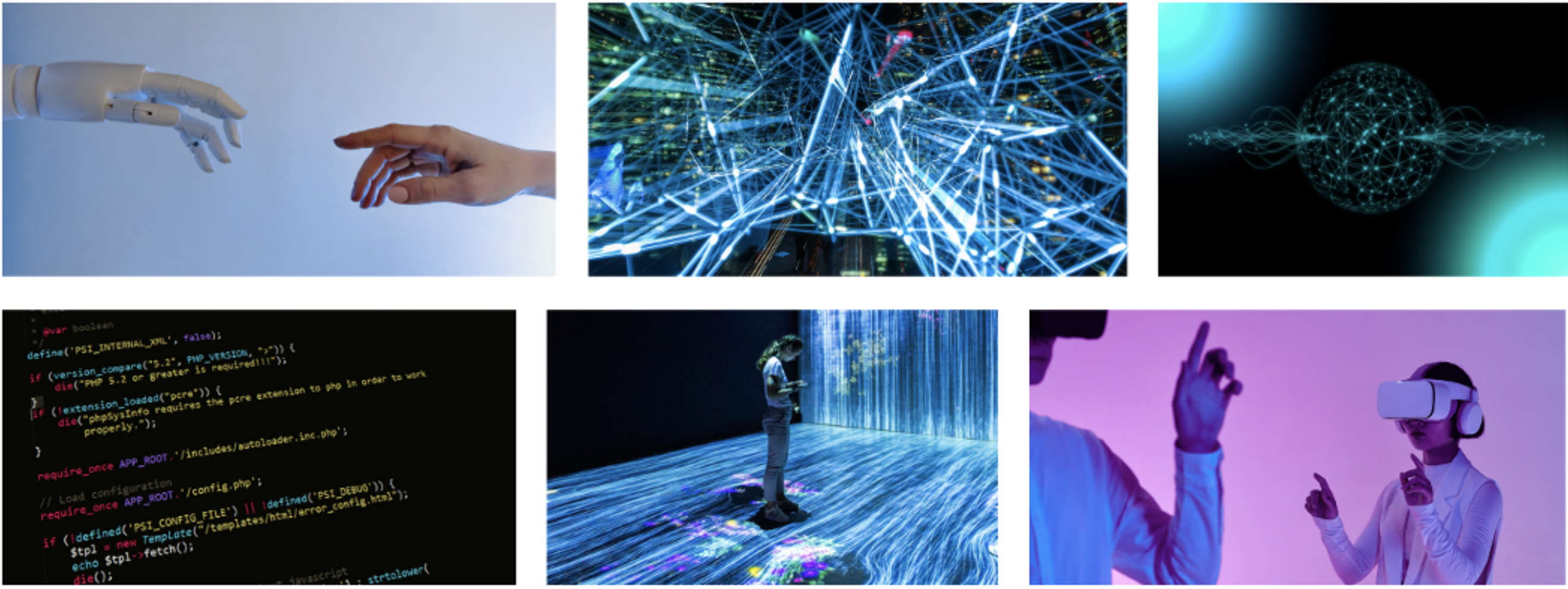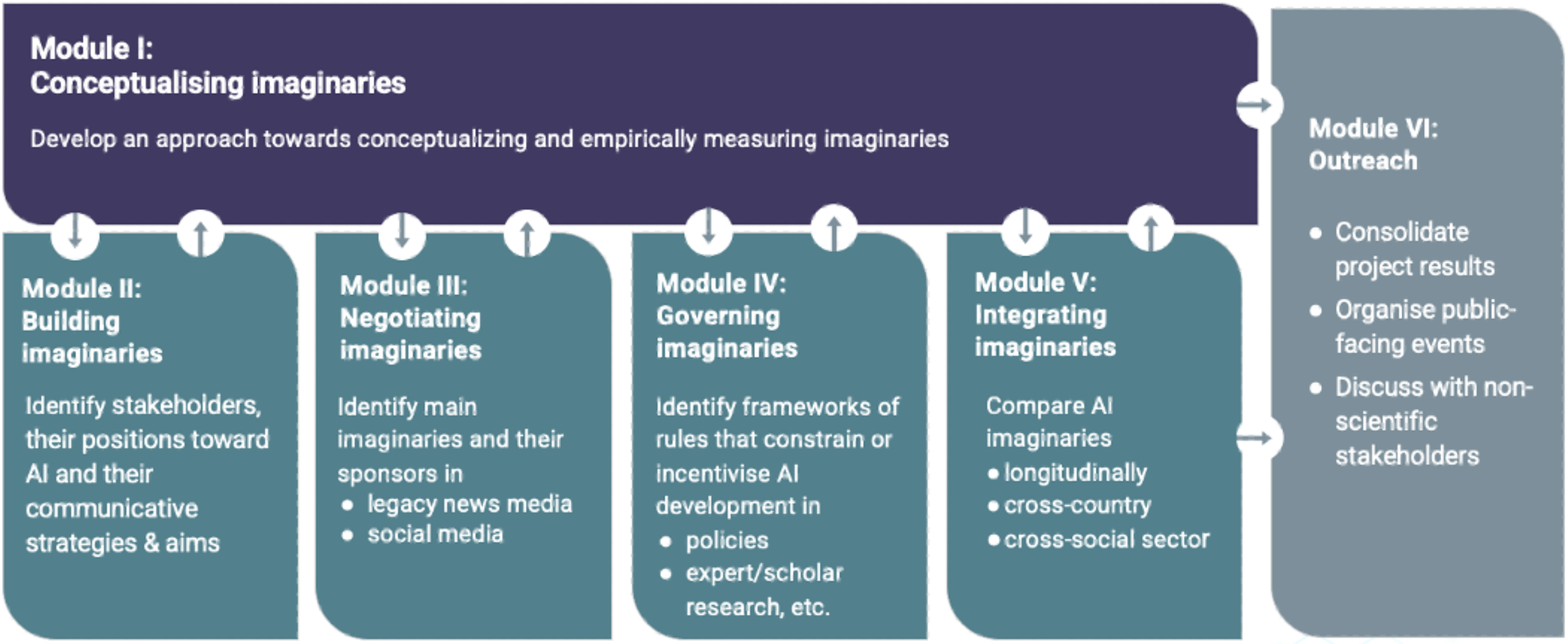Imaginaries of Artificial Intelligence: The Communicative Construction of AI in China, Germany and the US

Artificial intelligence (AI) is considered a key technology in contemporary societies. Political and economic stakeholders in many countries have allocated considerable resources to AI development, and the technology has been the object of extensive public debates. At the same time, observers criticize these public debates for using the concept of AI vaguely and inconsistently, for over-hyping its promise, and for oscillating between naive hopes and dystopian fears.
Sociotechnical imaginaries of AI
This indicates the fundamental interpretative flexibility of broad technologies such as AI. Their development and societal integration are contextual, shaped by political, economic and socio-cultural interests, and subject to discursive negotiations in public arenas. The sociotechnical imaginaries of AI, i.e. the societal understandings of the possibilities, potentials and risks embedded in the technology, play a large role in influencing how AI is perceived and engaged in societies.
Focus on US, China and Germany
As a collaboration between IKMZ and HIIG (Humboldt Institute for Internet and Society), the three-year project maps, explains and compares imaginaries of AI across countries and over time. The research focuses on AI development in the US, China and Germany, and looks into key stakeholders and public fora which play important roles in shaping AI imaginaries in these regions.
Five Project Modules

Project Members

Prof. Dr. Mike S. Schäfer (UZH), Prof. Dr. Christian Katzenbach (University of Bremen), Prof. Dr. Jing Zeng (Utrecht University), Saba Rebecca Brause (Ph.D. Candidate, UZH), Yishu Mao (Ph.D. Candidate, Max Planck Institut for the History of Science, Berlin), Vanessa Richter (Ph.D. Candidate, University of Bremen), Dr. Daria Dergacheva (University of Bremen), Dr. Daniela Mahl (UZH)